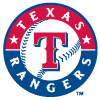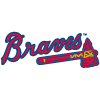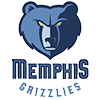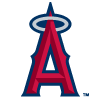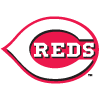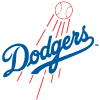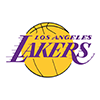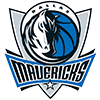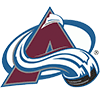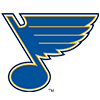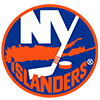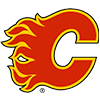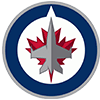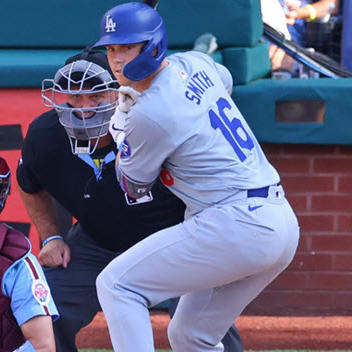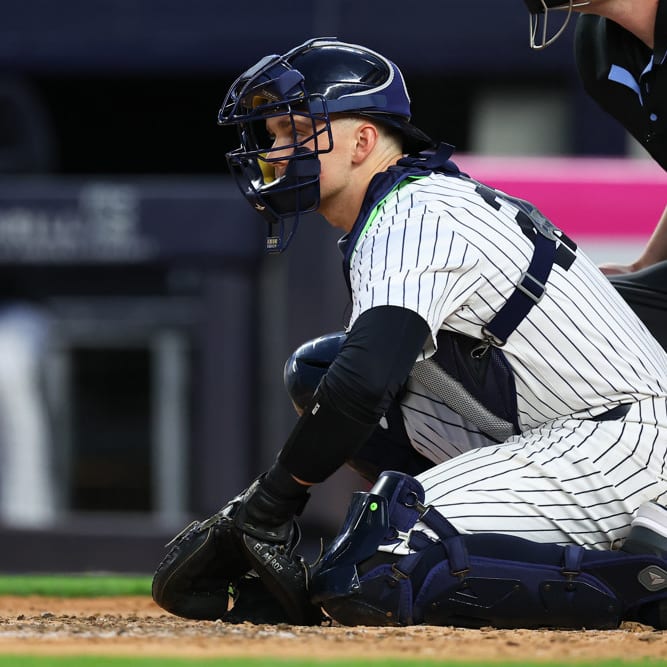Over his first three seasons, Gerrit Cole compiled a 3.07 ERA with 8.5 strikeouts per nine innings, 2.2 walks per nine and a 2.89 FIP in 463.1 career innings, including his 2.60 ERA in 208 innings during 2015. Entering 2016, those numbers readied him for cementing himself as an elite fantasy baseball pitcher at just 25 years old.
Unfortunately, the disappointment started early, as several physical issues contributed to a disastrous follow-up. Cole would finish with a 3.88 ERA, 1.44 WHIP, 7.60 K/9 and 2.79 BB/9 with just seven wins, all career worsts, in his shortest season as a full-time major leaguer.
Those injuries — and some flaws in his game — turned progressively scarier, especially for a pitcher of Cole's fantasy draft price. Should prospective owners stay away, or take advantage of an opportunity?
Injury History
In 2014, Cole missed time with shoulder fatigue and a strained lat. His healthy 2015 season may have erased those memories.
However, he came down with more issues in 2016, progressively ruining his season in three acts:
1. Cole endured a rocky start to his 2016 prep after suffering from rib inflammation on his right side (his throwing side). He began the season on time, though, and surprisingly recovered from his late spring start quite well, compiling a 2.77 ERA and 55 strikeouts over his first 12 starts (68.1 innings) of 2016. Unfortunately, one giant issue sat below the surface: His pitches were smacked by an eye-popping 30 percent line drives.
In
Over his first three seasons, Gerrit Cole compiled a 3.07 ERA with 8.5 strikeouts per nine innings, 2.2 walks per nine and a 2.89 FIP in 463.1 career innings, including his 2.60 ERA in 208 innings during 2015. Entering 2016, those numbers readied him for cementing himself as an elite fantasy baseball pitcher at just 25 years old.
Unfortunately, the disappointment started early, as several physical issues contributed to a disastrous follow-up. Cole would finish with a 3.88 ERA, 1.44 WHIP, 7.60 K/9 and 2.79 BB/9 with just seven wins, all career worsts, in his shortest season as a full-time major leaguer.
Those injuries — and some flaws in his game — turned progressively scarier, especially for a pitcher of Cole's fantasy draft price. Should prospective owners stay away, or take advantage of an opportunity?
Injury History
In 2014, Cole missed time with shoulder fatigue and a strained lat. His healthy 2015 season may have erased those memories.
However, he came down with more issues in 2016, progressively ruining his season in three acts:
1. Cole endured a rocky start to his 2016 prep after suffering from rib inflammation on his right side (his throwing side). He began the season on time, though, and surprisingly recovered from his late spring start quite well, compiling a 2.77 ERA and 55 strikeouts over his first 12 starts (68.1 innings) of 2016. Unfortunately, one giant issue sat below the surface: His pitches were smacked by an eye-popping 30 percent line drives.
In other words, he was getting a bit lucky his ERA was so low. His fortune ran out when he succumbed to a triceps injury after that stretch and missed more than a month.
2. After returning, he had some gems, including a complete game victory in his third start back. However, he absorbed a 4.73 ERA in the second phase of his season, which lasted eight starts.
In that time, batters tattooed him to the tune of an .819 OPS, and he allowed 31 hits and 13 earned runs while striking out just 12 over the final three outings.
Those triceps issues from earlier likely contributed to elbow problems that, despite a lack of structural damage, would cost him another few weeks.
3. The final act was brief – just one start, during which Cole allowed five runs in only two innings. With their playoff hopes erased, the Pirates shut Cole down for the year to avoid making things worse.
He didn't have surgery this offseason, so gauging the future of those issues is difficult.
Cole Goes Cold
The various injuries likely caused him to leave more of his pitches over the plate, and his heavy reliance on a fastball-slider approach made him predictable, as two of my favorite pitcher TV analysts, MLB Network's Al Leiter and John Smoltz, said:
As Leiter said, "there was crispness to" Cole's fastball and slider in 2015. The movement was much better by both pitches when they danced off the plate. Smoltz pointed out Cole didn't have his "finish" to his pitches – follow-through, more so, when completing the delivery.
Cole himself recently admitted his mechanics veered off course when he was struggling physically:
A small arsenal with predictability that was used with physical limitations isn't good for any starting pitcher over the course of five, six, seven innings. Along with his bad control, this bad combination justified other career worsts in his .345 BABIP and 8.5 swinging-strike percentage.
While statistical trends say that, all things equal, his BABIP should dip back toward .300, his failures to work effectively around the strike zone makes that gaudy number more believable.
Why He Could Heat Up Again
While technical difficulties and health left Cole ineffective, Doug Thorburn, one of RotoWire's resident pitching experts, rated Cole's mechanics a 6 out of 7 in his Top 40 starting pitcher rankings, so there's something to be said about Cole when all is right.
Despite all his woes, Cole also maintained an average fastball velocity (95.2) close to his career average (95.5).
Plus, despite the BABIP blowing up, MLB's Statcast data paints quite the favorable picture. Opposing hitters "barreled" his pitches at just a two percent rate, one of the best performances of anyone with near 300 batted-ball events (he had 298), and his opponents' average exit velocity of 88.5 mph was decent.
The contact wasn't sound, despite it being more frequent.
Cole also wasn't burned by the long ball: His HR/FB was the second-lowest of his career at 6.8 percent, and as he sustained a 29.0 percent flyball rate for the second straight year, he nearly doubled the amount of infield flyballs induced from 2015 when he posted an excellent 11.7 percent, a career high.
Given that his career-high walk rate was 2.88, that's a good sign he'll fix things if he's healthy. Control has never been an issue.
Having a catcher like Francisco Cervelli, one of the game's best pitch framers, will help once Cole relearns how to paint corners effectively, and playing in a home stadium like PNC Park, one of the league's friendliest for pitchers, sets him up for success.
Final Word
Cole opted to rest his elbow instead of undergoing any surgery. Team doctors gave him a clean bill of health at the start of spring training, during which he's in line to have a normal workout program, unlike last year.
Still, fantasy owners (rightly) will have reservations about going all-in on a rebound because there was no concrete fix to his issues, which emphasizes his risk for re-injury.
On the other hand, Pittsburgh is a trustworthy organization for pitcher development and maintenance, particularly in on-field performance. Pitching coach Ray Searage can help him regain the proper finish on his pitches to prevent them from hanging over the strike zone, as shown in the MLB video montage.
Cole squarely belongs in the middle-rounds tier of high-risk, high-reward fantasy starting pitchers. In fact, his NFBC ADP of 115.80 (hovering him near round eight in the 15-teamer) puts him in bust territory, with his NL-only price expected to be much higher, with less margin for error.
It may pay handsomely to take him at that spot in shallower leagues, though, because those owners can absorb more risk with more access to replacement options should he miss time.
Cole is one year removed from a Cy Young-level campaign, but if prospective owners reckless overpay for him, he could remove their chances of a 2017 fantasy title.







